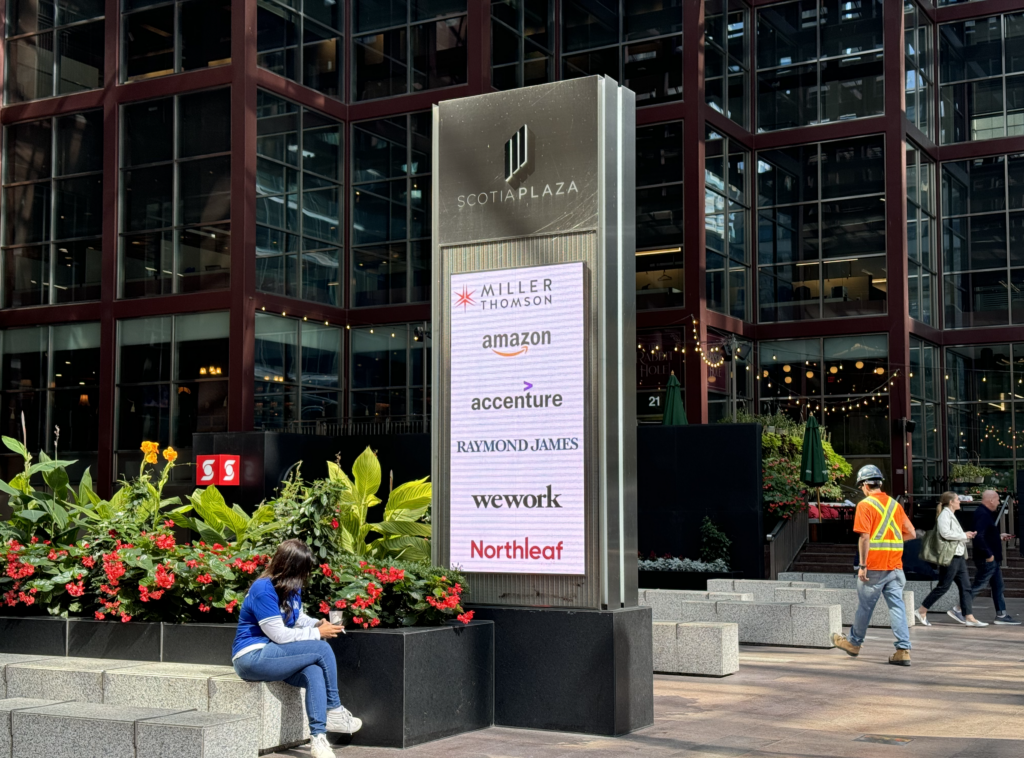
Listen to the full story here:
“AI is no longer just for computer scientists. It’s impacting every industry, and the industry side of AI recognises this, so students from diverse fields can become involved and provide their skill sets in various ways in the sector,” said Calvin Hillis, program coordinator of Responsible Artificial Intelligence (RAI).
RAI is a group funded by the Natural Sciences and Engineering Research Council focusing on ethical AI development. The RAI group consists of six Canadian universities, including Toronto Metropolitan University, Mcgill University, Université du Québec à Montréal, University of Waterloo, University of Calgary, and Western University.
“Our group [RAI] demonstrates this beyond the curriculum and shows that the university has an interdisciplinary approach to preparing multiple groups of students for a wide range of potential roles in tech by blending technical and ethical skills as well as knowledge of the social world and a recognition that AI is a socio-technical system.”
Hillis said, “This makes our [TMU] students highly competitive in the AI job market.”
This fall, 2024, TMU is offering its first AI course tailored to non-technical students. AI: A Sociotechnical Perspective is an upper-liberal course that introduces concepts in AI to students.
“This is a non-technical course, so you could be a marketing major or a media production major or sociology major, and come to this course and learn a lot of important skills to provide critical analysis to that sector,” said Hillis, who is teaching that first AI course.
Amidst this AI job boom, some students are rethinking their career paths. “In my master’s program, many people have made drastic career switches, moving from fields like chemical engineering to AI,” said Gayathri Girishi, a master’s student in applied computing specialising in AI at the University of Toronto.
Some students are optimistic about job prospects in AI after graduation due to the abundance of opportunities in the market. “Many major companies have established their own generative AI branches,” Girishi added.
Between 2018 and 2023, Toronto added 95,900 tech jobs—a 44 per cent increase—according to a report released by Coldwell Banker Richard Ellis (CBRE) this month. This surge is primarily caused by the expansion of AI-driven industries, making the city a leading destination for tech talent.
Reporter, On the Record, Fall 2024
Reporter, On the Record, Fall 2024
Reporter, On the Record, Fall 2024

